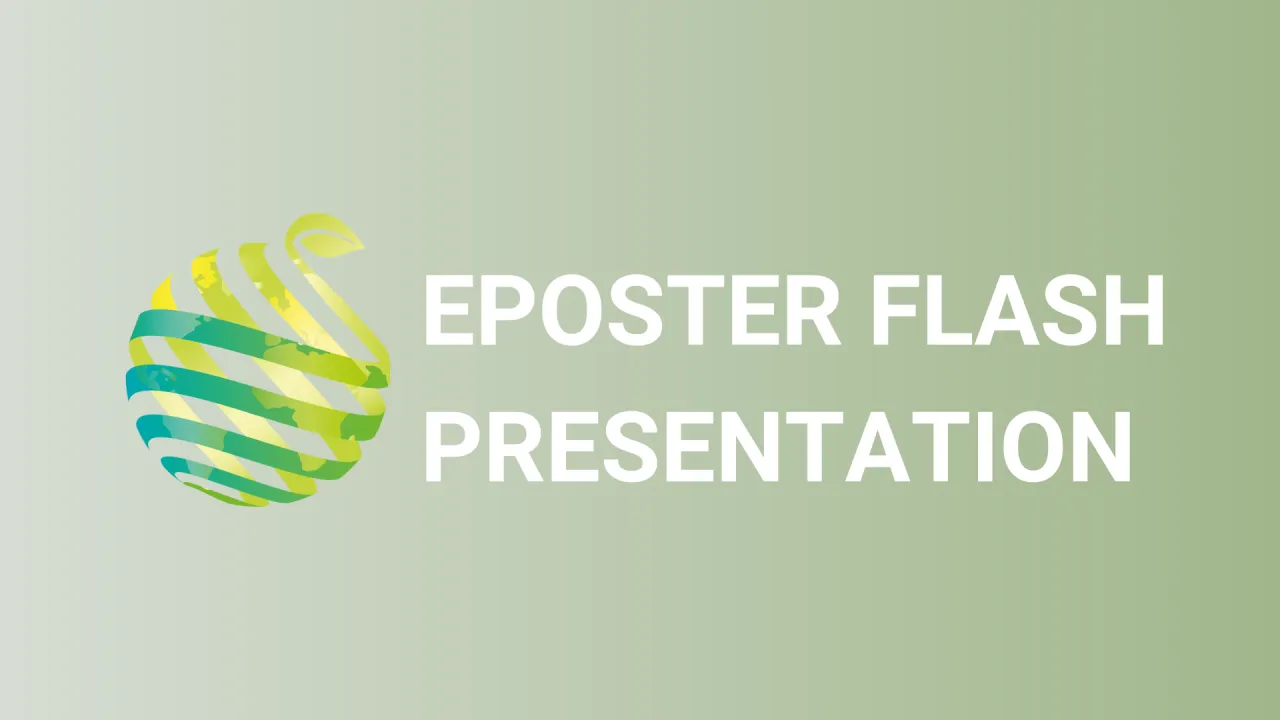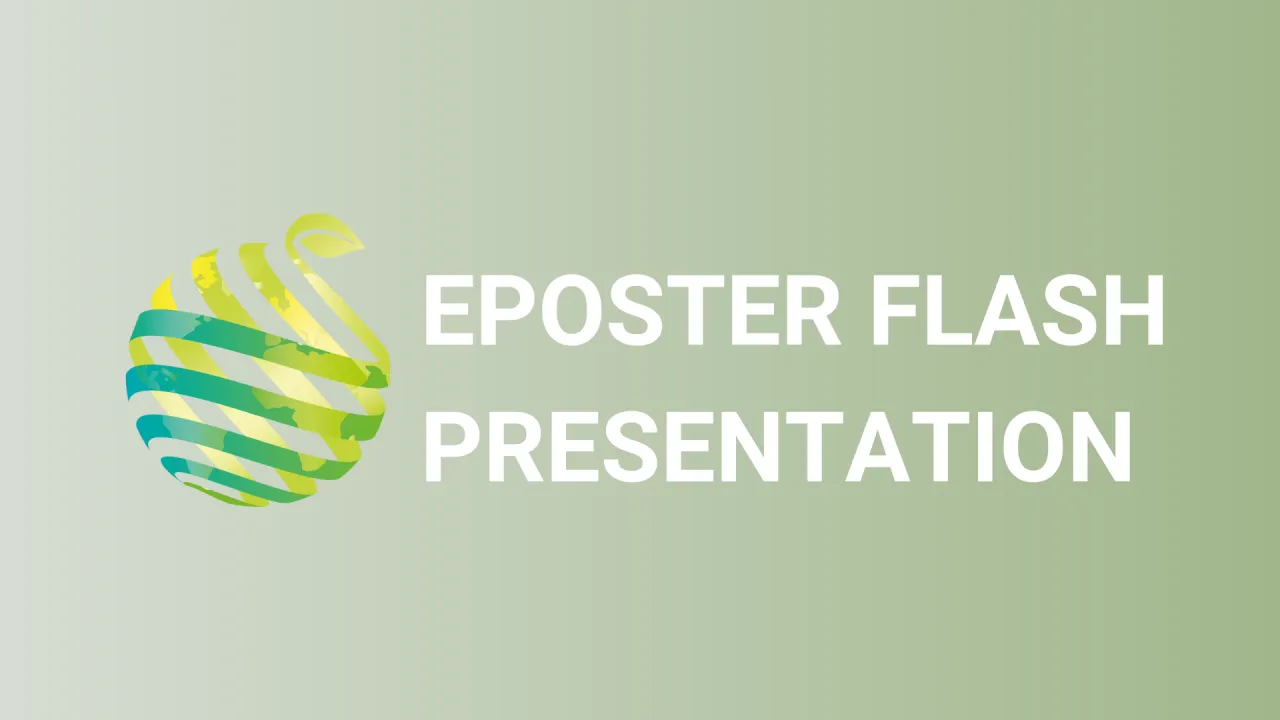

S09 - Session P1 - Addressing food insecurity utilizing master gardener volunteers in Ohio
Information
Authors: Pamela Bennett *
Food insecurity is a major problem in the United States and in most Ohio counties. The United States Department of Agriculture's 2016 report estimated that 764,000 households reported being food insecure and another 313,000 households reported very low security. The Ohio State University Extension's Master Gardener Volunteer (MGV) program addresses this issue with a variety of programming efforts in communities. This paper discusses the programs, the challenges, and the successes. Sixty-four Ohio counties have an MGV program and all of them address food insecurity in some manner. Many have community garden programs in which they are working with individuals and families, teaching them to grow their own vegetables. A few larger counties are working with communities on urban agriculture efforts, growing vegetables on a greater scale. MGVs also grow vegetables to be donated in the Grow Ohio program. In 2020, MGVs in 63 counties grew 78,238 pounds of fresh produce equivalent to 65,200 meals, donating the produce to 101 foodbanks around the state. The Ohio Victory Garden program was developed as a partnership with the Ohio Department of Agriculture in 2020 to encourage people to grow their own vegetables. Eight counties participated in 2020 and it was expanded to 25 counties in 2021 and will be expanded to 45 counties in 2022. Packets of three samples of vegetable seed samples were distributed in communities through the MGV program. In 2020, 2,660 packets were distributed, in 2021, 8,300 packets were distributed and in 2022, plans are to distribute 12,000 packets. Partners in the community distribution also included schools, health departments, community organizations and community gardens. A website was developed to provide technical information on growing and using vegetables. Participants were encouraged to share their successes and challenges on social media using #OhioVictoryGardens.